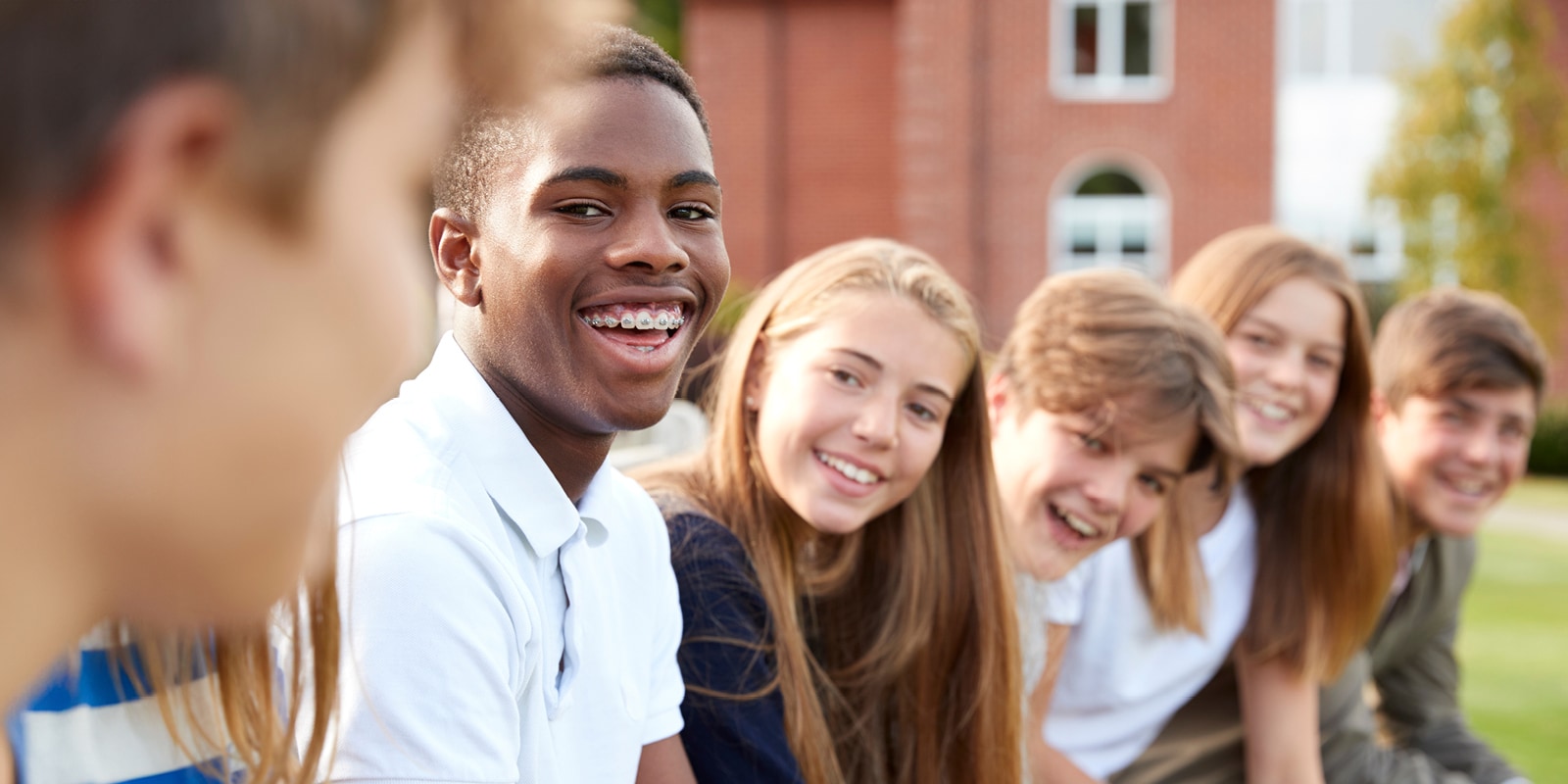Multi-Academy Trusts
Every trust has a unique set of needs. That’s why we’ll work with you to create the best package of teaching, learning and training solutions for your schools, teachers and learners.
Digital in schools
Our brand-new research with Cebr outlines how investment in digital transformation for state-funded UK schools could make a difference to the future of education and our economy.
Exploring onscreen assessment
We’re drawing on our experience of delivering onscreen assessments in more than 115 countries to shape what’s next for GCSE, International GCSE and A level exams.
As well as already offering onscreen exams in selected subjects, we're working alongside the education community to harness technology where it can positively impact schools' and students' assessment experiences.
Why we’re thoughtfully optimistic about the place of GenAI in education
Generative AI brings into focus the importance of the most human skills, such as creativity and critical thinking.
Find out more about how we’re thinking about the impact of GenAI and AI literacy in education.







